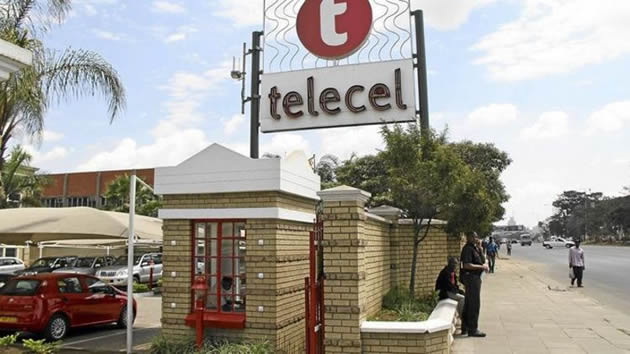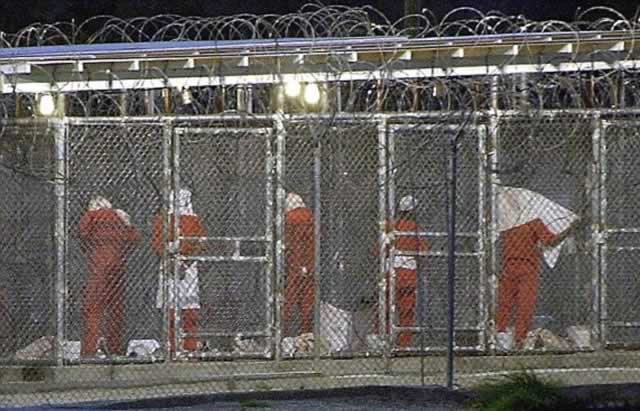Editorial Comment: Telecel Zim hoist by own petard

AT long last the Government is taking action to sort out the long-standing problems of Telecel Zimbabwe with Information Communication Technology, Postal and Courier Services Minister Supa Mandiwanzira ready to take drastic action.
He now has the power and opportunity to do so, since Telecel has failed to pay its licence fee, even when offered terms and in any case has failed to localise majority ownership, a condition set when it was given the green light to start operations.
Telecel remains operating because the Government is understandably reluctant to throw thousands of people out of work and inconvenience millions of subscribers, but can no longer accept the flouting of conditions.
At the end of the 1990s, Zimbabwe was willing to have three service providers, to ensure competition, the best possible coverage and a respectable spread of ownership.
The only real condition set by the Government as it started allocating frequencies was that the services should be majority Zimbabwean owned, if not immediately then very soon. At some stage licence fees would have to be set and paid.
The model largely worked. One service, Net- One is 100 percent State-owned built out of the monopoly fixed line parastatal. It has had to finance its capital requirements out of income and profits, but has done so and has steadily grown, adjusting its business model as it has done so, although perhaps not quite as rapidly as its private competitors were doing but then it did not have the capital to take big risks. The State now owns a stable, profitable and valuable asset.
A second service, Econet, grew the fastest and early in its growth was floated on the Zimbabwe Stock Exchange ensuring that substantial capital was raised locally and allowing a lot of Zimbabweans to share in the ownership.
That initial adequate capitalisation, plus continual innovation, a willingness to reinvest a substantial proportion of profits, and sound management have made it the largest network and so the most profitable. When licence fees became due in 2013 it paid in full and on time. It is majority Zimbabwean-owned.
The third service, Telecel, had a promising start through a joint venture between a group of Zimbabweans and a foreign company.
The local component, the Empowerment Corporation, was intended to ensure a spread of Zimbabwean ownership from the very beginning and was supposed to increase its shareholding rapidly to make the foreign shareholder, allowed a majority stake for the start-up, to remain a substantial but minority shareholder.
But Telecel has never fulfilled its promise of spreading ownership among Zimbabweans, especially indigenous Zimbabweans, despite fairly swiftly becoming the second largest network. Ownership squabbles within the Empowerment Corporation keep surfacing and the majority foreign shareholder was bought out by another foreign company in 2010.
Now we have a situation that the foreign shareholder wants to sell out and some of the Zimbabwean shareholders are ready to follow, nullifying the reasons for setting up the Empowerment Corporation in the first place.
Minister Mandiwanzira is simply not having this. And quite rightly too. Since so many of the beneficial shareholders want out, and since the company is only operating by Government favour at present and technically does not own a licence, there is obviously the opportunity to radically restructure the company and create an ownership that fulfils the basic Government conditions of majority Zimbabwean shareholding, preferably with a wide spread of owners, and one that pays its bills before declaring dividends.
No one is entitled to be a business success. If some Zimbabweans fail then others have to be given the opportunity to succeed.










Comments